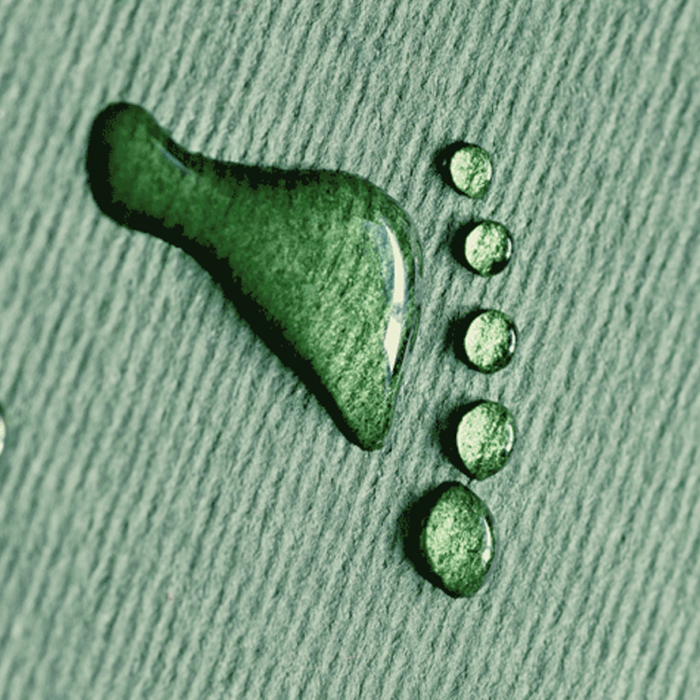

When Nolato joins a customer’s project at an early stage of the concept phase, we can help make adjustments to the design of a product to reduce its carbon footprint. We can select low-carbon alternatives, optimize material weights, use the right type of plastic, examine whether recycled or bio-based alternatives can be used for the customer’s application and design it in a way that facilitates end-of-life processing.
Life Cycle Perspective
“We’re also happy to help analyze the customer’s product from a life cycle perspective requirements,” says Glenn Svedberg, Director of Sustainable Affairs. “For example, we have made comparisons of Nolato’s pharmaceutical packaging and we can see that the CO2 footprint is reduced by over 50 percent if you switch from glass to fossil plastic, and by a further 15 percent if you use bio-based or recycled plastic raw materials for the same product.”
In addition, 70 percent of the electricity that Nolato purchases for its plants globally is renewable, which cuts the impact from greenhouse gases by a further 20 percent in manufacturing for those products made in plants that use renewable energy.
An Important Link
Many of Nolato’s customers have also signed up to the Science Based Target initiative, under which they have set targets to reduce external CO2 emissions from the activities over which they have no control – also known as Scope 3 emissions.
“We constitute some of these customers’ Scope 3 emissions with the products we make for them,” notes Glenn Svedberg. “This makes us an important link between suppliers and customers, as we can look for alternative raw materials with a smaller carbon footprint, and then manufacture customers’ products at our plants.
“It’s a sustainable combination that reduces products’ carbon footprint to a minimum.”





.png)








.png)


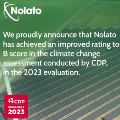
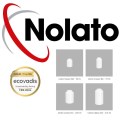
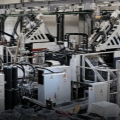




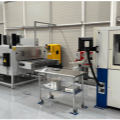

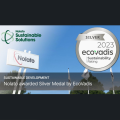
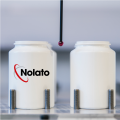



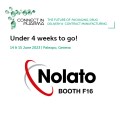



.png)










